What is the best vacation you have ever been on? We are asked that question all the time since we became professional travel writers. You would think it would be easy to answer, but every trip is special in its own way. How do you choose your favorite child?
One trip stands out, going on safari in Sri Lanka, because of the unequivocal cuteness of baby elephants. If you get a chance to see baby elephants in the wild, go see them. If you get two chances, see them twice.
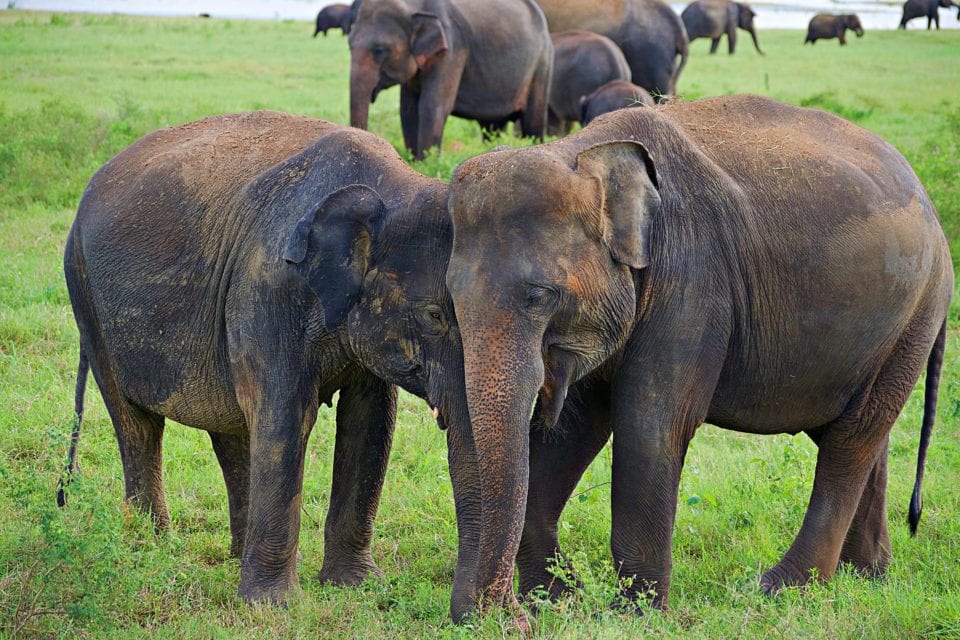
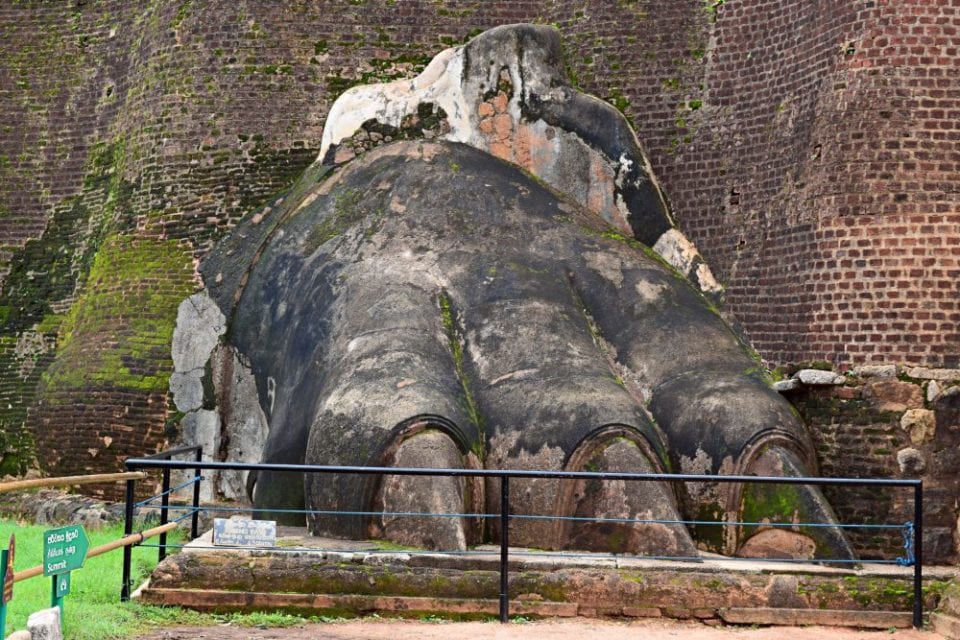
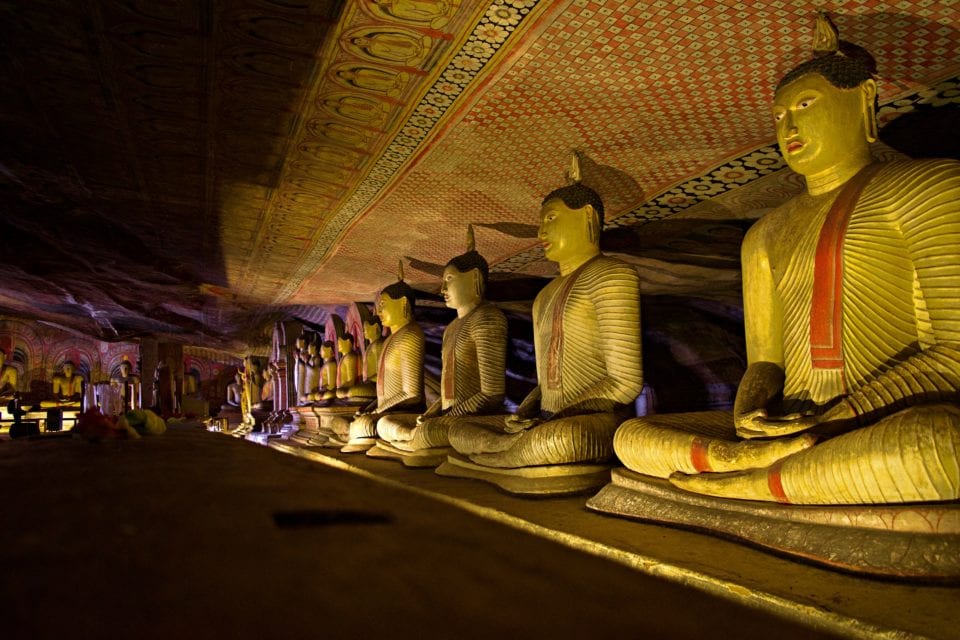

Fate Led us to Sri Lanka
We weren’t supposed to go to Sri Lanka. We had always planned on visiting Africa to see the Big Five (lion, leopard, rhinoceros, elephant, and Cape buffalo). Fate had a different destination for our fancy. We were hired to cover an Ayurvedic yoga retreat in the central highlands of Sri Lanka, so Africa had to wait. The universe brought us to the far corner of the world for a reason.
Sri Lanka amazed us beyond our wildest imaginations. Exploring the lost capitals of Sigiriya and Polonnaruwa reminded us that this land was civilized a long long time ago. Entering the cave temples of Dambulla, where monks have worshipped continuously for over 2,000 years, showed us that this ancient civilization lives on today. From hiking the heights of Pidurangala Rock to scuba diving off the coast of Hikkaduwa, we experienced the best that Sri Lanka offered. Still, nothing prepared us for seeing elephants in the wild.
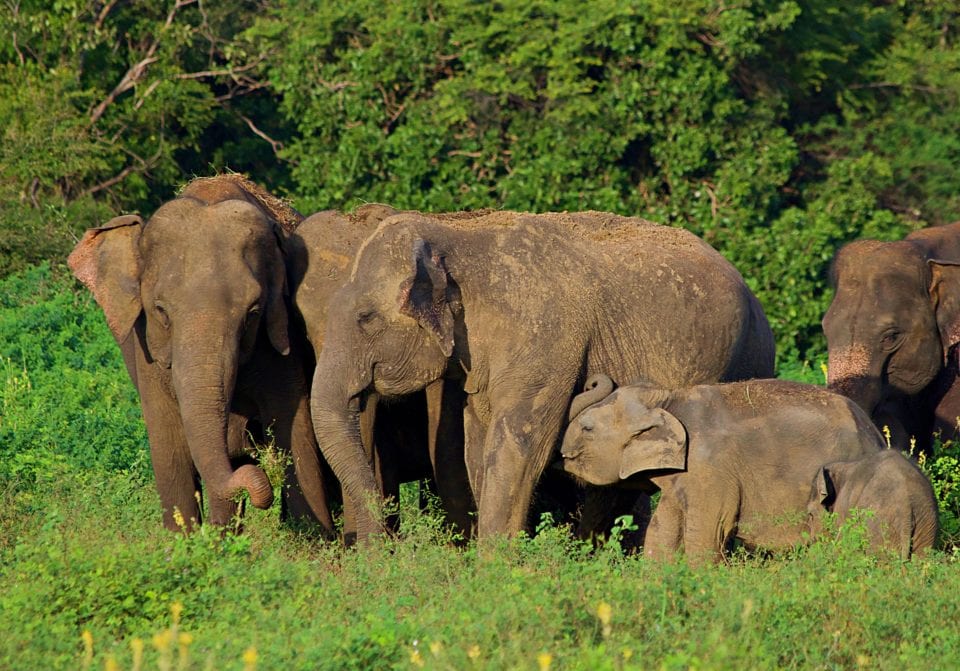
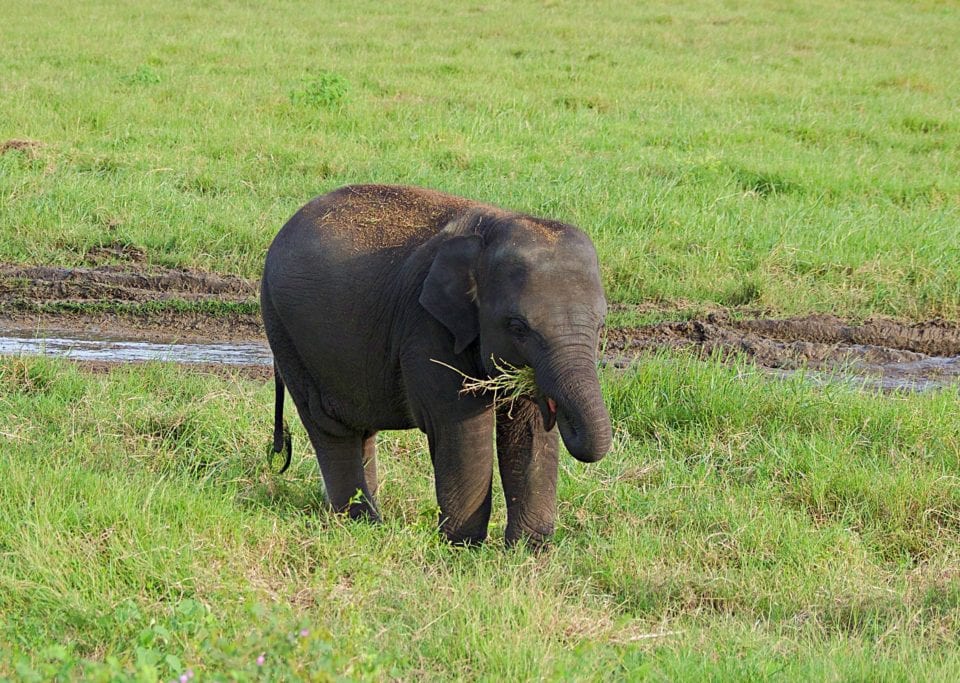

Ecstasy on an Elephant Safari in Sri Lanka
It’s hard to believe that one jeep ride can change the way you view the world. When you learn how beautiful nature is then nothing else will compare again. We’ve been to zoos when we were younger and elephant sanctuaries as adults. Those sanctuaries were extraordinarily ethical and were even South East Asia’s only fence free facility, however, the wildness was missing. We could see the bond between elephants and their mahouts but these magnificent creatures were far from wild. Entering Kaudulla National Park changed all of that.
Nearly 200 wild elephants were on the plains that day. Babies played under the watchful eyes of their mothers. Bull elephants guarded the entire herd. Elephants everywhere grazed, frolicked, and lived their lives wild and free. In our Sri Lanka Safari post we wrote:
“In Kaudulla, Jenn couldn’t help but to full on cry with joy while watching two baby elephants playing and wrestling together under the watchful eyes of their parents. Outside of Sigiriya, we choked back tears watching captive elephants haul tourists through the streets or splashing nervously in a polluted stream. Not all tears are created equally, nor are all elephant encounters – choose safaris.”
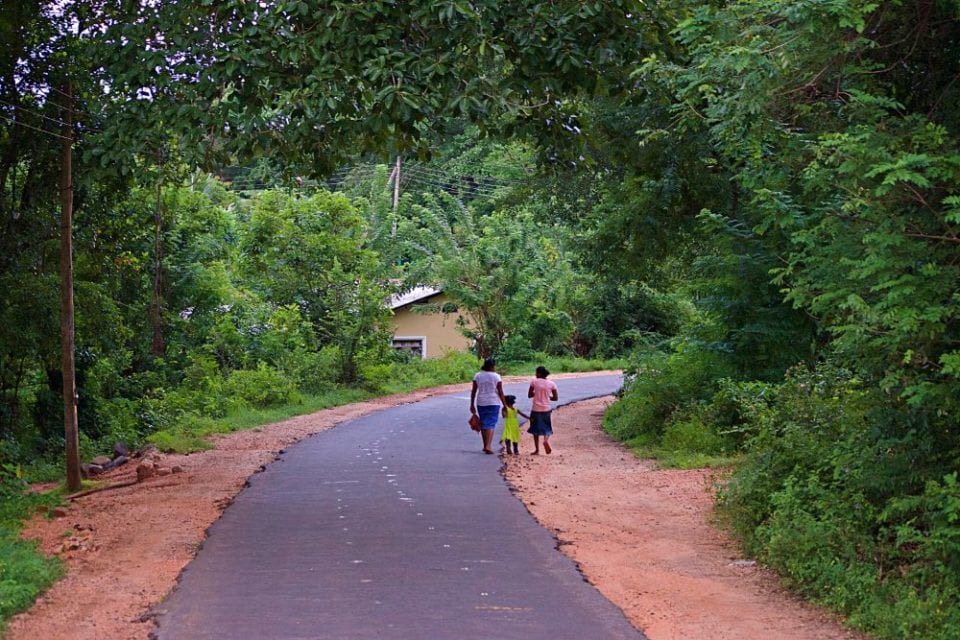
Ecotourism in Action
Part of what made our Sri Lanka vacation magical was participating in ecotourism. Like how Dambulla temples showed a connection to Sri Lanka’s cultural past, this herd continued the tradition of Sri Lanka’s elephants. Scientists named the Sri Lankan elephant Elephas Maximus Maximus, because of its enormous size. For centuries, the Sri Lankan kings built empires trading the prize stock throughout Asia.
When the Europeans arrived, it all changed. Their guns quickly decimated the trophy specimens. Their farms fenced off historic grazing and water sources. The Sri Lankan elephant herds shrank in size and stature from a magnificent 12,000 strong at the turn 19th century to a mear 2000 just before the 20th.
Ecotourism reversed this trend and ensured the future for wild elephants in Sri Lanka. National parks climbed from only 5 in 1983 to over 26 today. Kaudulla is part of an elephant corridor stretching across three parks and covering 1,172 square kilometers. Habitat protection like this has allowed the wild elephant population to nearly triple in the last 40 years to 6000 elephants. They might never reach their historic numbers or size, but the herd will live to trumpet for future generations.
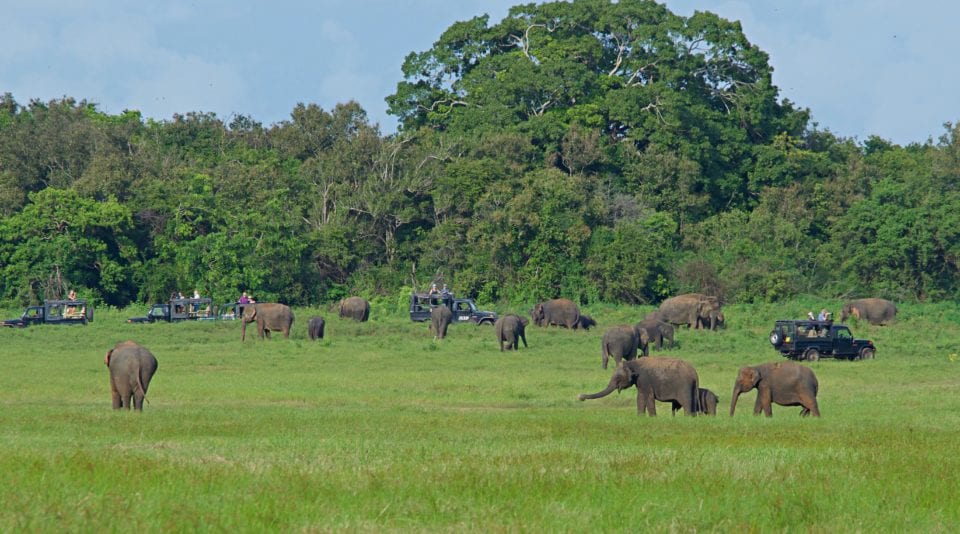
We Still Dream of Africa
We still dream of Africa. Africa is the birthplace of mankind and home to the world’s most magnificent animals. Tanzania boasts the world-renowned Northern Circuit, where you can watch the sunrise of the Serengeti and sunset sparkle on the snows of Mount Kilimanjaro. From expansive herds of wild elephants in Tarangire to millions of migrating wildebeests and their entourage of predators including wild cats, we might see all of Africa’s big five game. Even if we don’t see them all, we will see what it’s like for the most magnificent animals on the planet to live wild and free.
Perhaps if we are lucky, fate will intervene again. The same currents of fortune that took us to Sri Lanka might come around and bring us to another ethical safari trip. The world is full of magic and mystery. So long as wild animals still roam free, anything is possible.
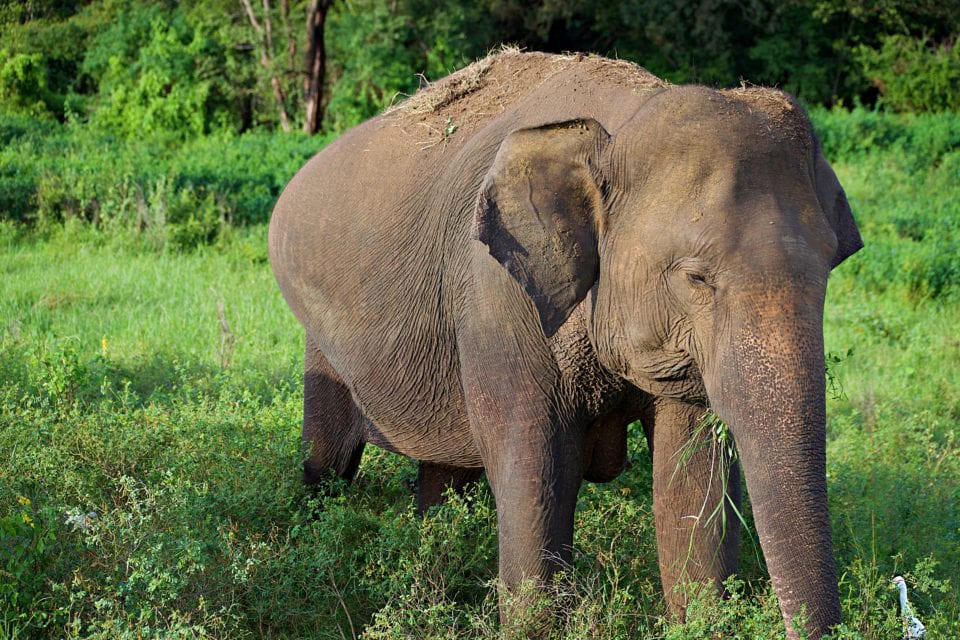

Why Ecotourism
We believe in the transformative power of travel. From the joy of seeing baby elephants to rappelling down the canyons of Zion, we have witnessed how nature can change people. We have also seen how people make positive changes in nature too. For example, we observed firsthand saving baby sea turtles in Fort Lauderdale.
We covered a volunteer effort there that has saved over 200,000 turtles in the last eight years. Our article was a finalist for the Outdoor Media Awards for Best Outdoor Advocacy Piece because of the incredible work of these turtle lovers who stay up every night during hatching season. They make sure these little guys follow the starlight to the oceans and not the streetlights to the road. While this non-profits dedicated commitment is moving, if everybody followed ecotourism principles while they travel it would make a huge impact. We want all of our readers to:
- Minimize physical, social, behavioral, and psychological impacts.
- Build environmental and cultural awareness and respect.
- Provide positive experiences for both visitors and hosts.
- Provide direct financial benefits for conservation.
- Generate financial benefits for both local people and private industry.
- Deliver memorable interpretative experiences to visitors that help raise sensitivity to host countries’ political, environmental, and social climates.
- Design, construct and operate low-impact facilities.
- Recognize the rights and spiritual beliefs of the Indigenous People in your community and work in partnership with them to create empowerment.

Why Ethical Safaris
We want our dream trip to Africa to live up to its promise. It’s more than seeing animals. We are adult professional travelers who believe that there is never a compromise between luxury, adventure, and conservation. While glamping at Elephant Hills -Thailand’s first luxury tented camp, we experienced the wonders of eco-tourism in action from a top-rated company. We woke up to gibbons swinging in the trees, played with elephants during the day, dined on gourmet dinners, and slept in a tent with a queen size bed and flush toilet.
We saw for ourselves how this price-point provided the elephants of Elephant Hills with one of the only chain-free elephant parks on this planet. We believe that ethical safaris offers that kind of experience. Finger crossed we find out for ourselves. If you run an ethical safari tour please feel free to reach out to us. We’d love to hear from you.
Like it? Pin it for later on Pinterest!
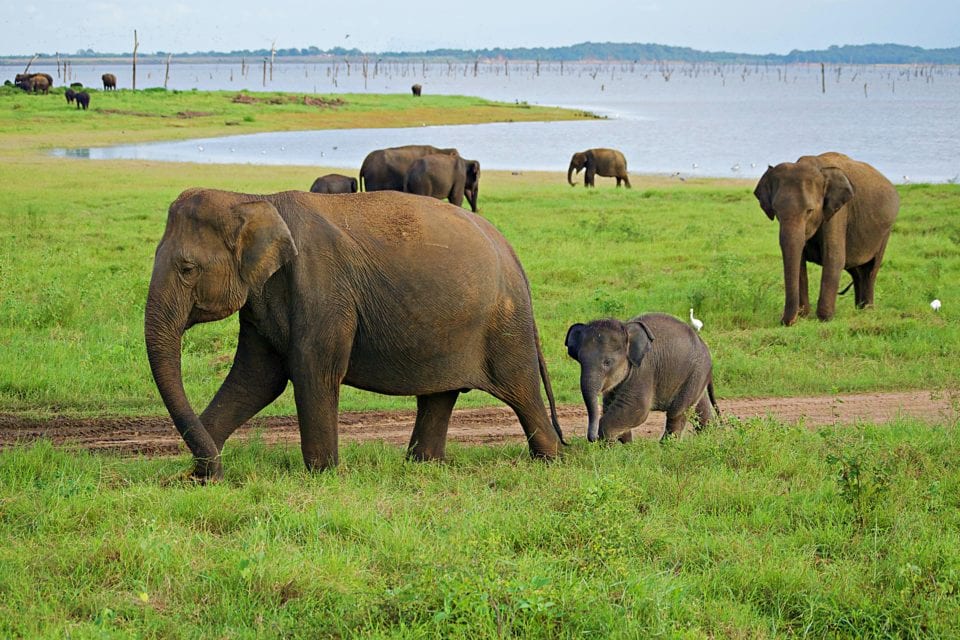
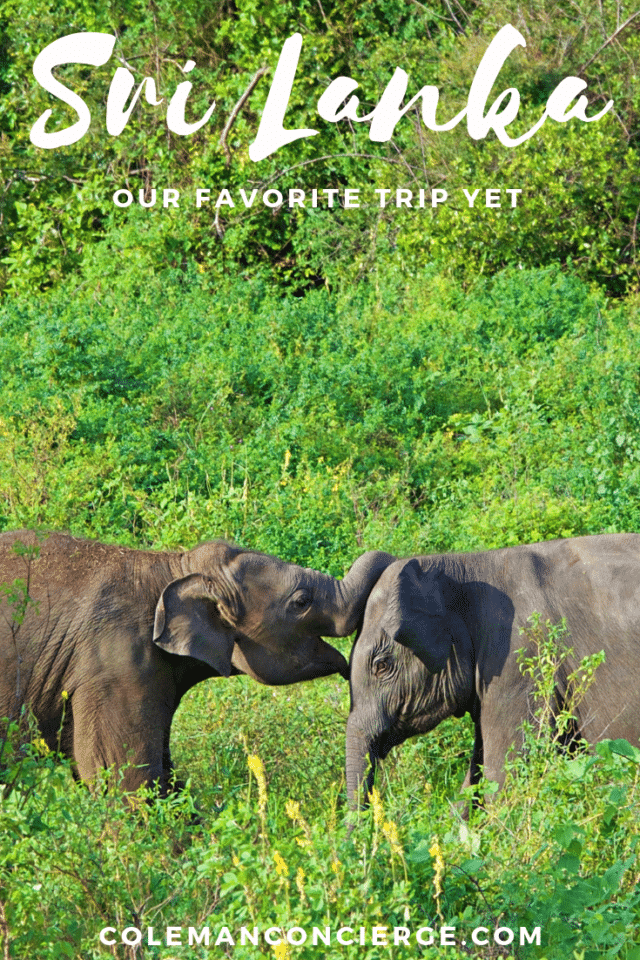

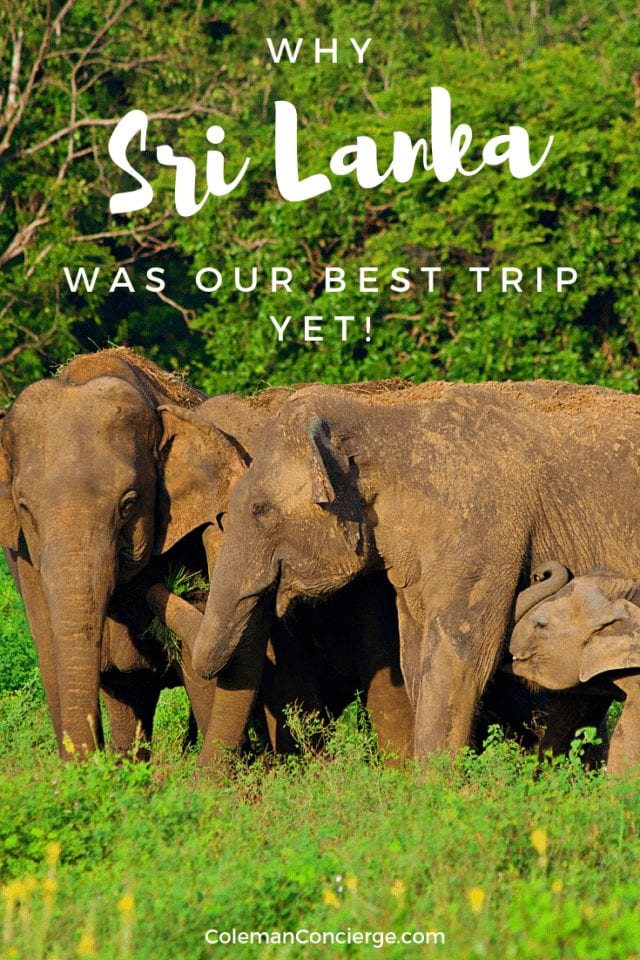
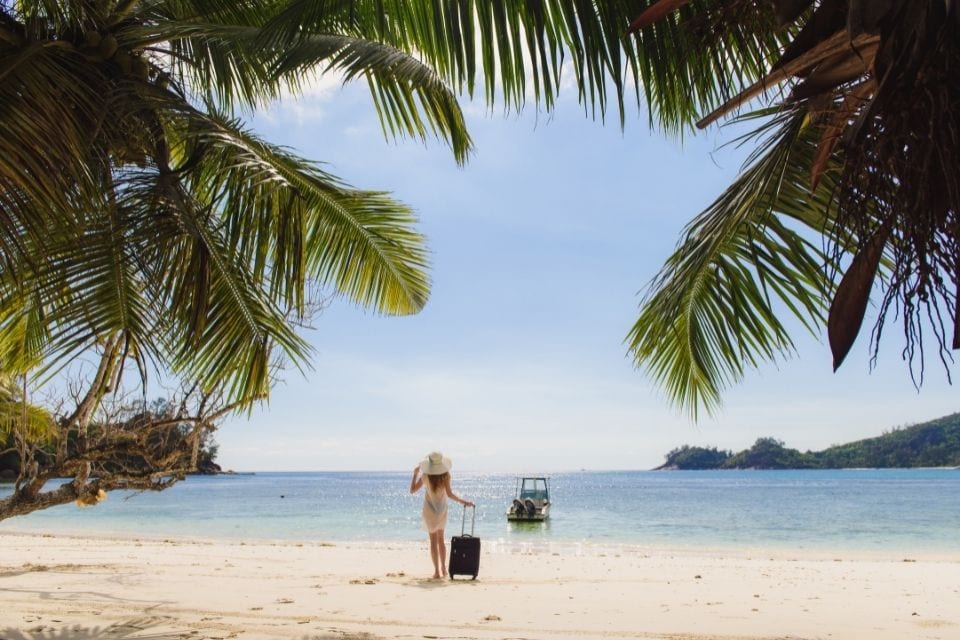
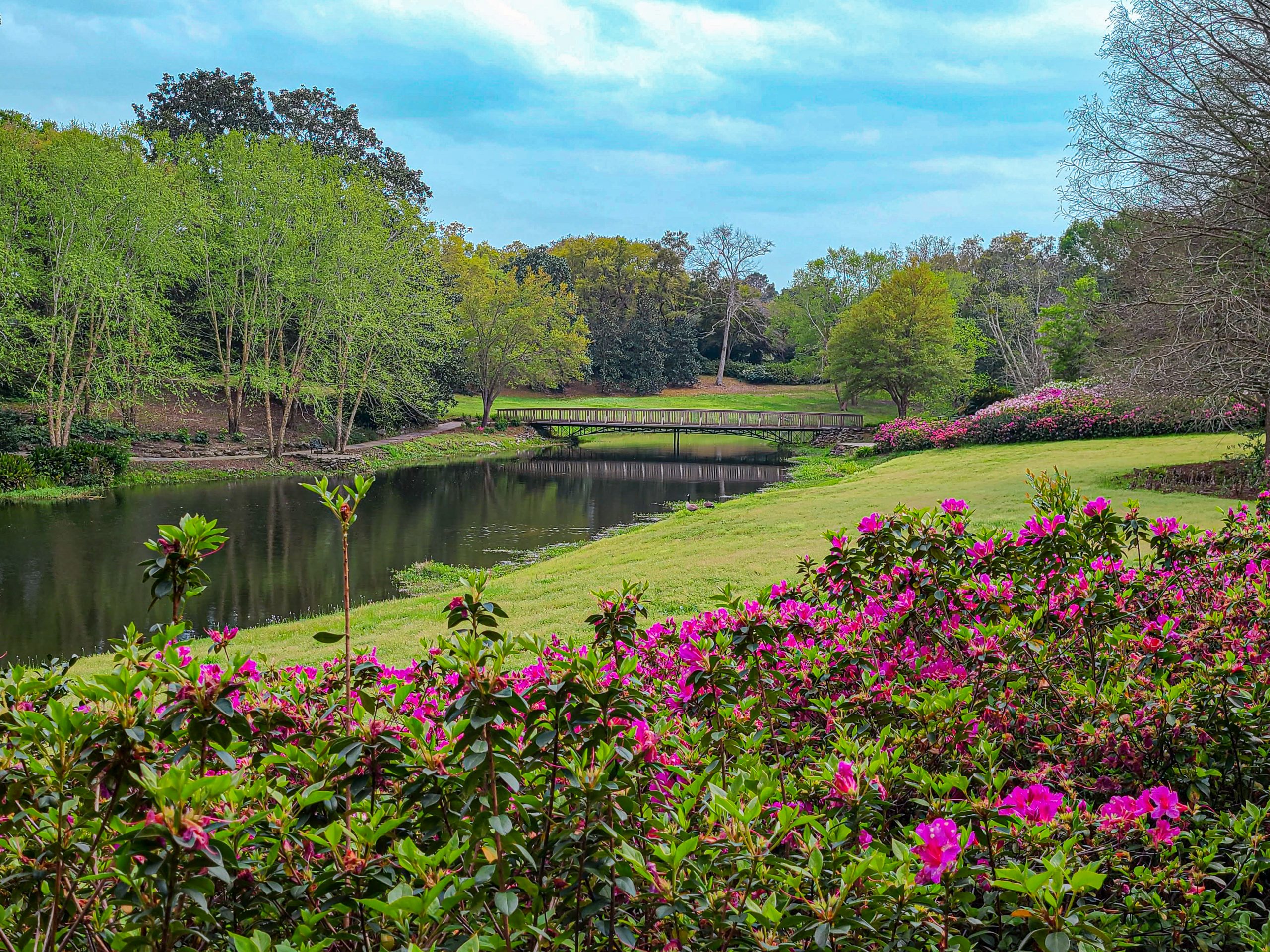
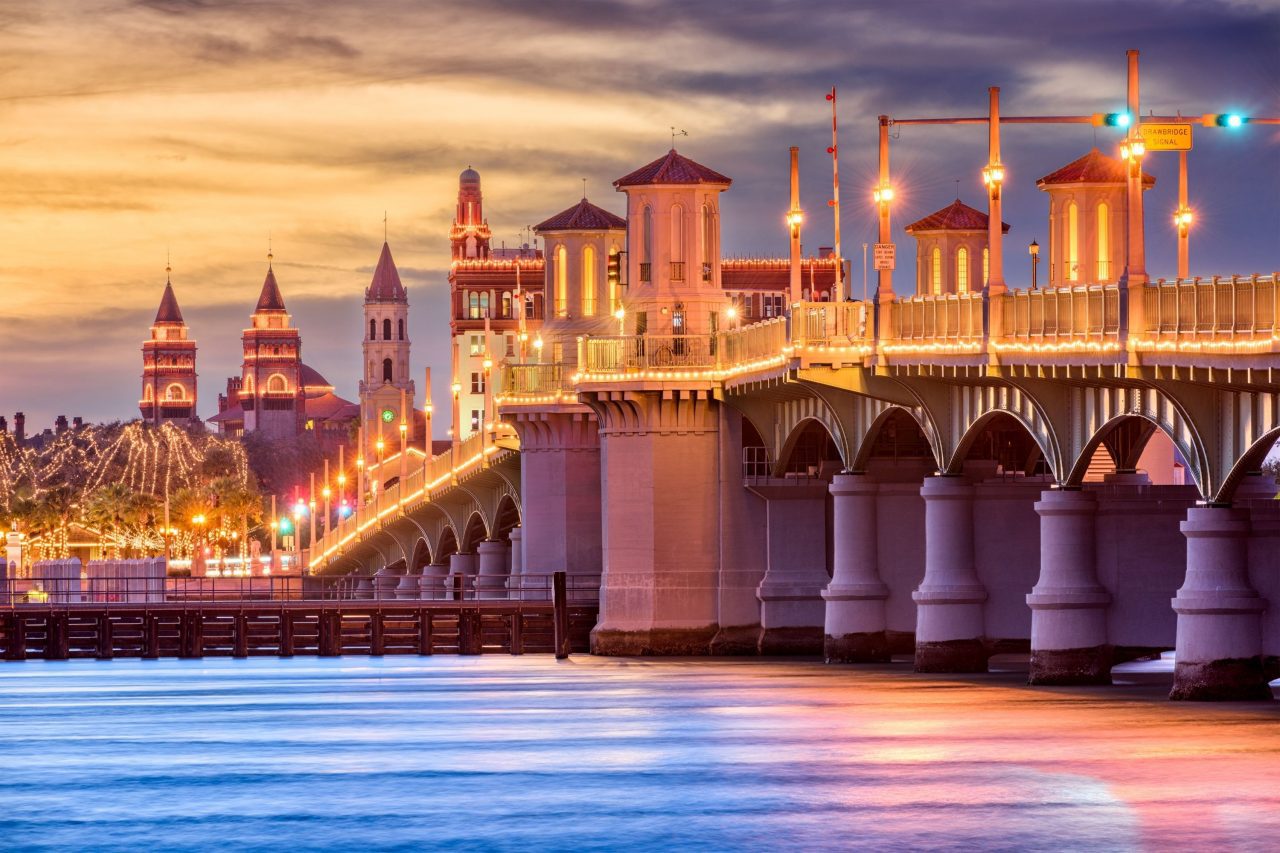
 Hi! We are Jenn and Ed Coleman, and together we are Coleman Concierge. It is our goal to inspire you to get out, expand your world, and to seek adventure, even in your own backyard.
Hi! We are Jenn and Ed Coleman, and together we are Coleman Concierge. It is our goal to inspire you to get out, expand your world, and to seek adventure, even in your own backyard.












